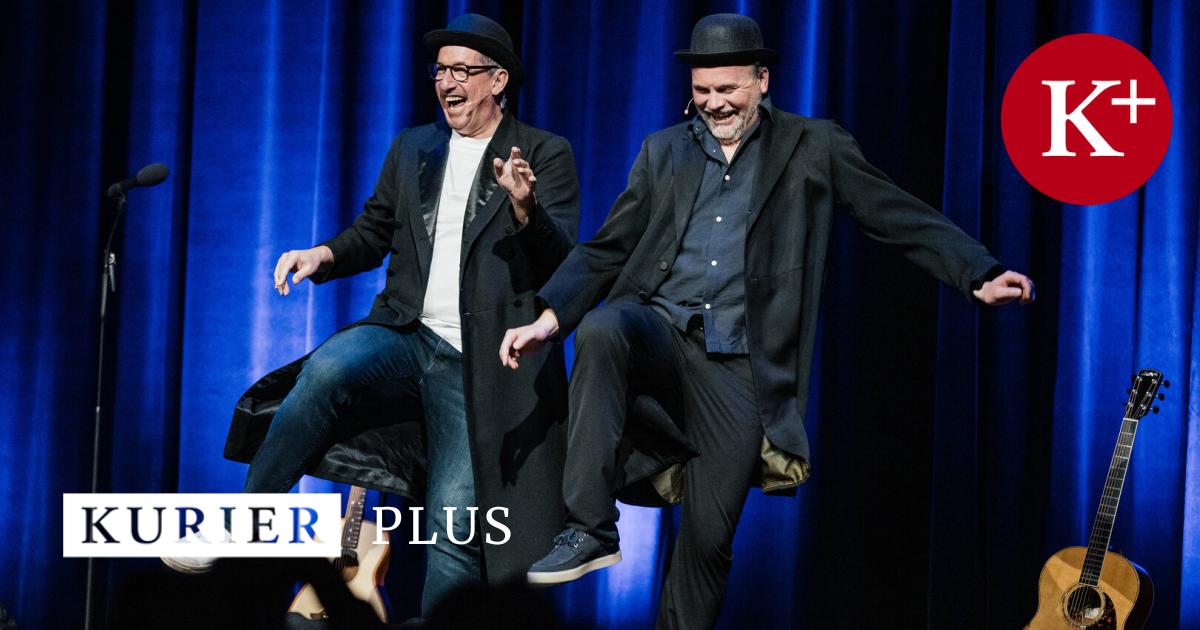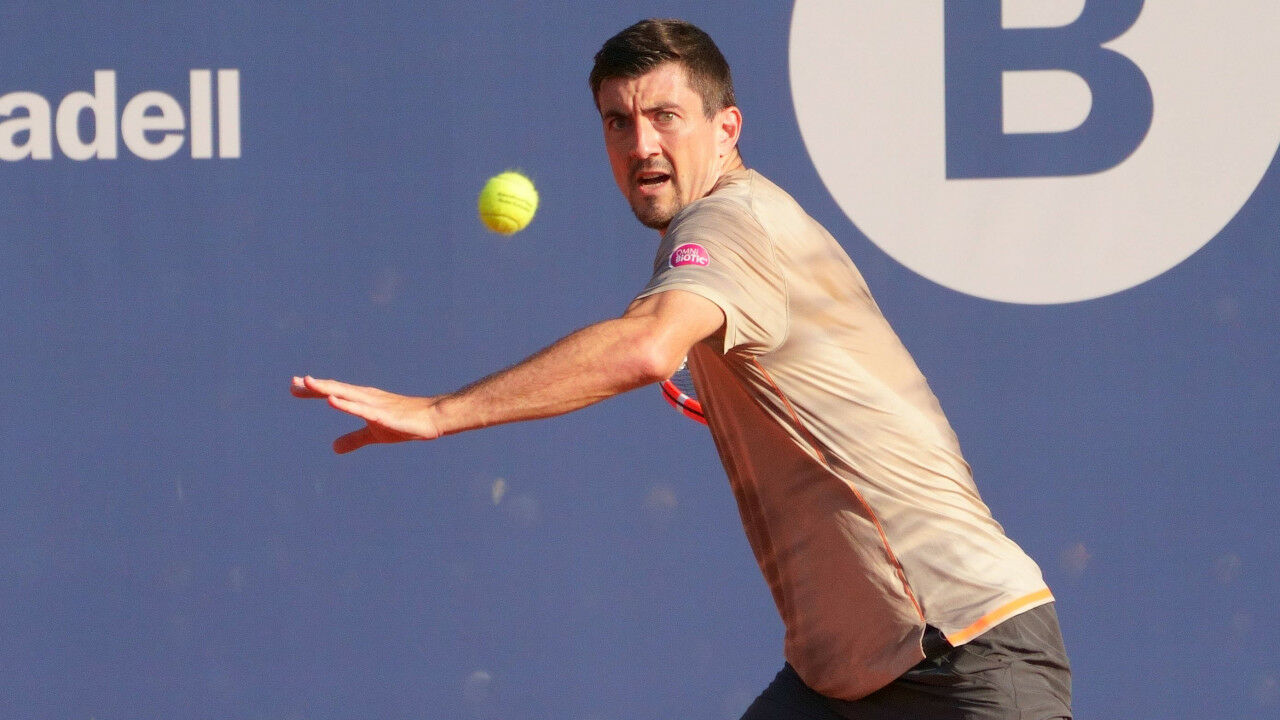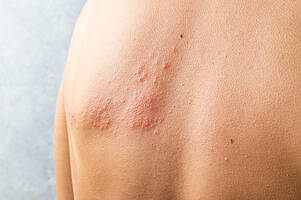Monday 28 November 2022 – Author:
Baby
A study shows that the Covid-19 vaccine is not associated with an increased incidence of herpes zoster (shingles). Even compared to the flu vaccine, there was no higher risk.
Fear of perceived side effects prevents some people from taking it vaccination against SARS-CoV-2. For vaccine-related herpes zoster (shingles), this is not justified. This is evidenced by a study of more than two million vaccinated people, as reported by the German Society of Neurology (DGN).
Supplementary cohort analysis also showed no increased risk of shingles vaccination compared to pre-pandemic influenza vaccination.
Anyone who has had chickenpox can get shingles
Anyone who has ever had chickenpox can get shingles. The chickenpox virus (varicella-zoster virus / VZV) persists in the body for life and can be reactivated by various triggers, which then leads not to chickenpox again, but to shingles. Reactivation can occur, for example, in the case of (temporary) immunodeficiency or in the elderly due to low levels of VZV antibodies.
The first analyzes of Vaccination side effects showed an increase in reports of herpes zoster infection associated with Covid-19 vaccination. However, it was not clear whether these cases resulted from increased reporting or a genuine increase in incidence. So a study by the University of California, San Francisco, looked specifically at this question.
There is no increased risk of getting herpes zoster after Covid-19 vaccination
Health data from 2,039,854 US citizens vaccinated against SARS-CoV-2 was evaluated. Vaccines: Biontech/Pfizer, Moderna, Johnson & Johnson. Vaccination period: December 2020 – June 2021. The average age of those vaccinated was 43.2 years, 50.6% female. 1,451 people were diagnosed with herpes zoster.
As a result, the Covid-19 vaccine was not associated with an increased risk of VZV reactivation. Nor was the infection rate higher than in the subgroup vaccinated against influenza in the pre-pandemic or early-pandemic period. “Accordingly, herpes zoster after coronavirus vaccination was not nearly as common as it initially appeared to be reported,” concludes Professor Peter Perlett, Secretary General of the DGN.
Mild courses of post-vaccination myocarditis
Other putative vaccination complications, of which there have always been case reports (such as myocarditis or Guillain-Barré syndrome), have now been evaluated in large studies. An analysis of more than 5 million fully vaccinated subjects from Israel showed that 182,605 vaccinated adolescents developed 20 cases of myocarditis, of which nine were classified as probable according to CDC (Center for Disease and Control) criteria.
Thus, the infection rate was 4.8 / 100,000 vaccines. Courses were mild, inpatient treatment was 2 to 4 days and follow-up showed a good prognosis after six months.
DGN: All of this is also evident for Guillain-Barré syndrome
All clarity is also given regarding Guillain-Barré syndrome: an epidemiological study from Mexico showed an incidence of 1.19 / 1,000,000 for 81,842,426 vaccine doses (with seven SARS-CoV-2 vaccines). Thus the incidence rate was lower than it was before the pandemic (2019) with 7.1/1,000,000 person-years.
“People who are afraid of getting vaccinated for Covid-19 because of the very rare potential side effects should be aware that all of these complications are much more common with SARS-CoV-2 infection. This has now also been shown for many other potential neurological effects have also been shown,” he stresses. Professor Perlett. The DGN therefore recommends that vaccination offers be accepted in accordance with the recommendations of the Robert Koch Institute.

“Total coffee aficionado. Travel buff. Music ninja. Bacon nerd. Beeraholic.”







More Stories
The European Space Agency announces “signs of spiders on Mars”
Raising diamonds made easy – Spectrum Science
Everything related to prevention and treatment